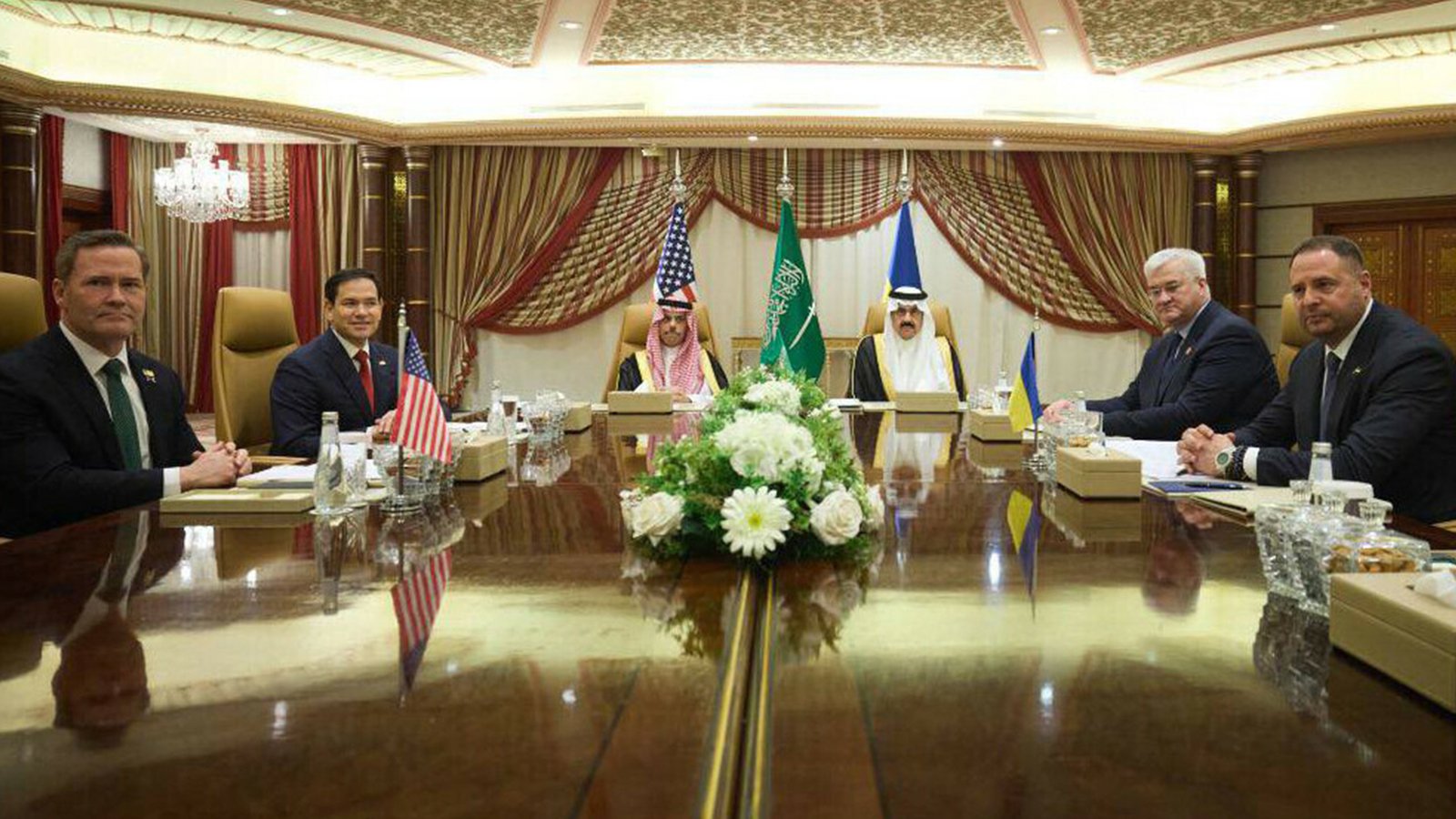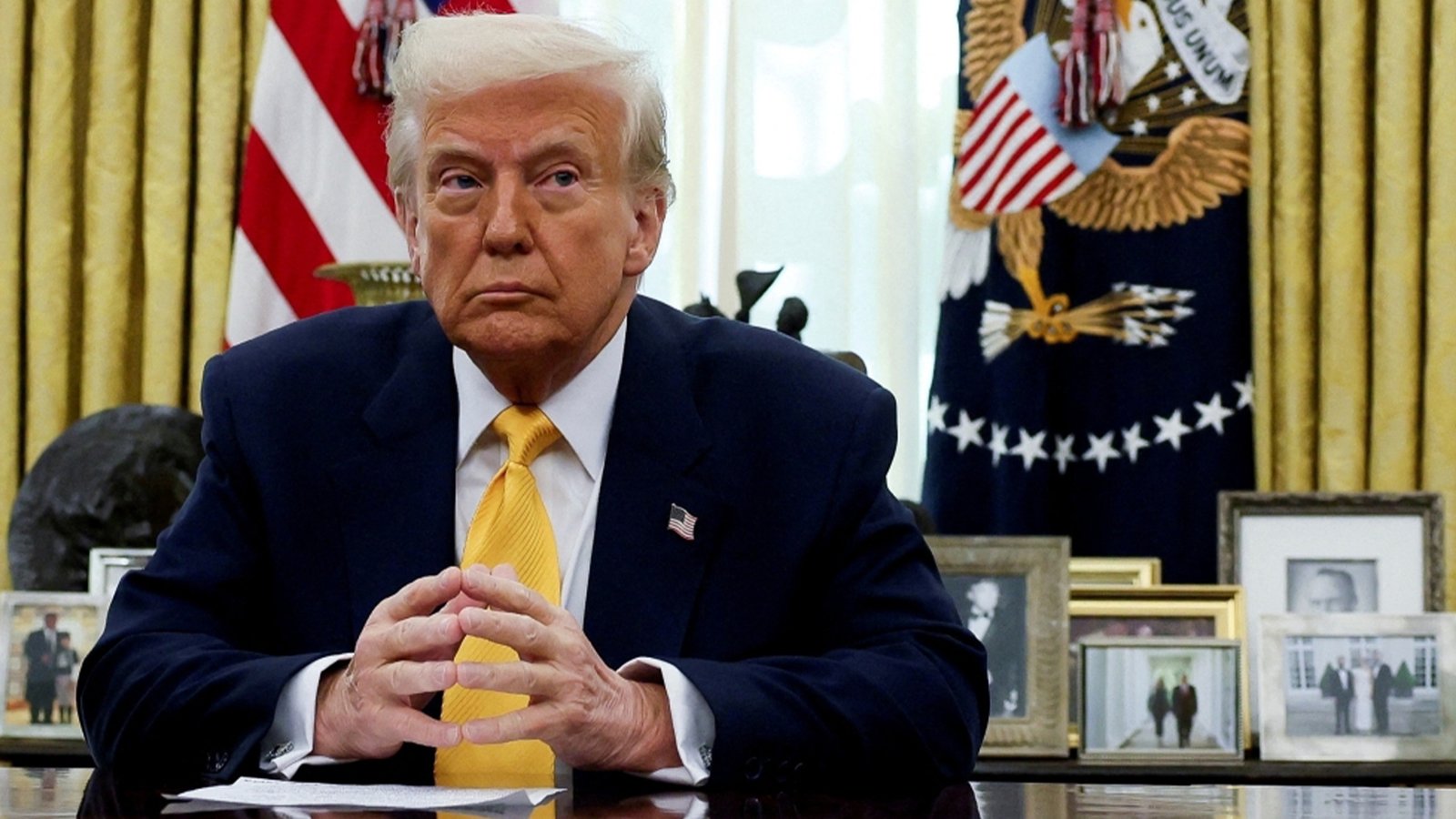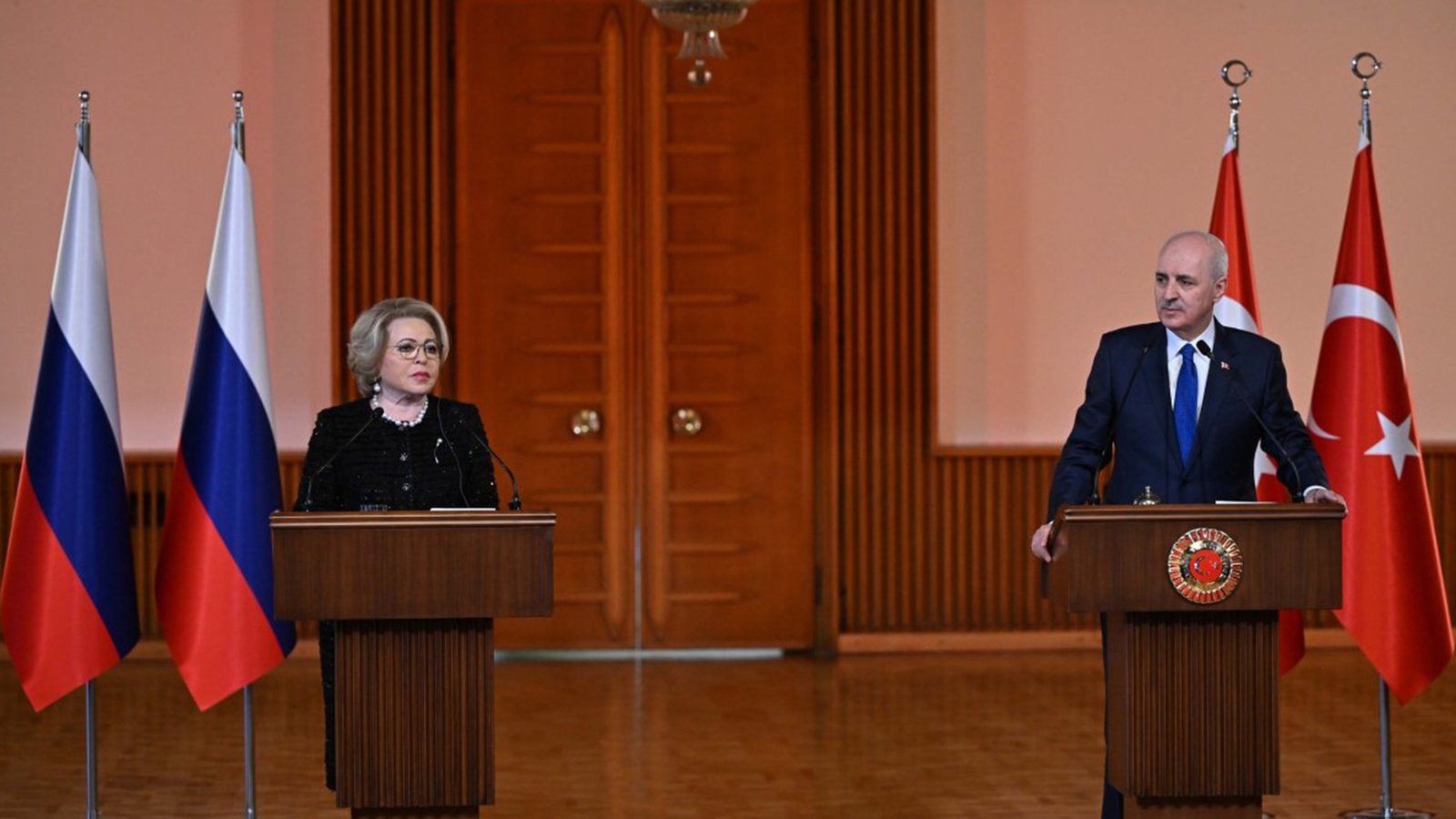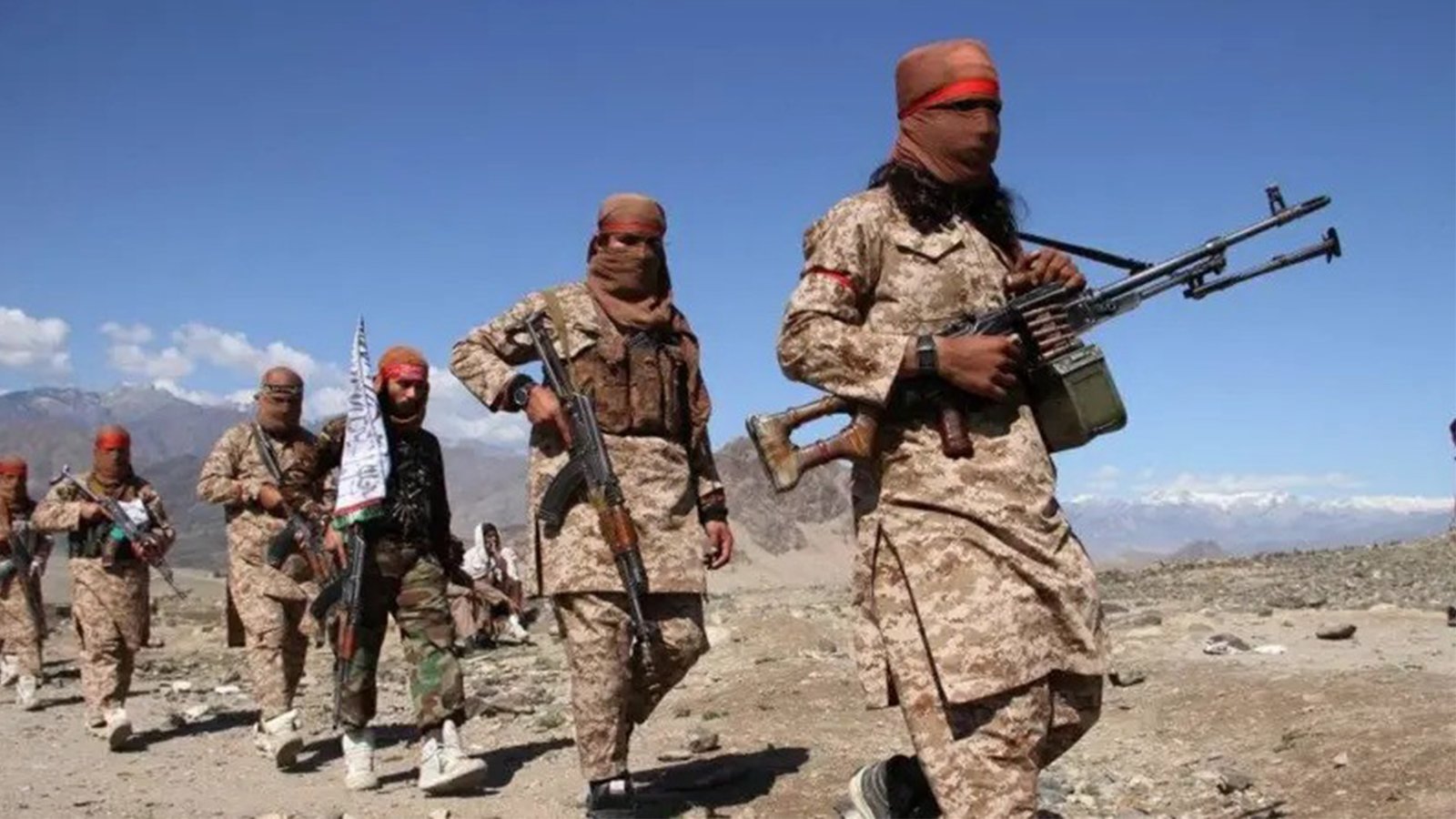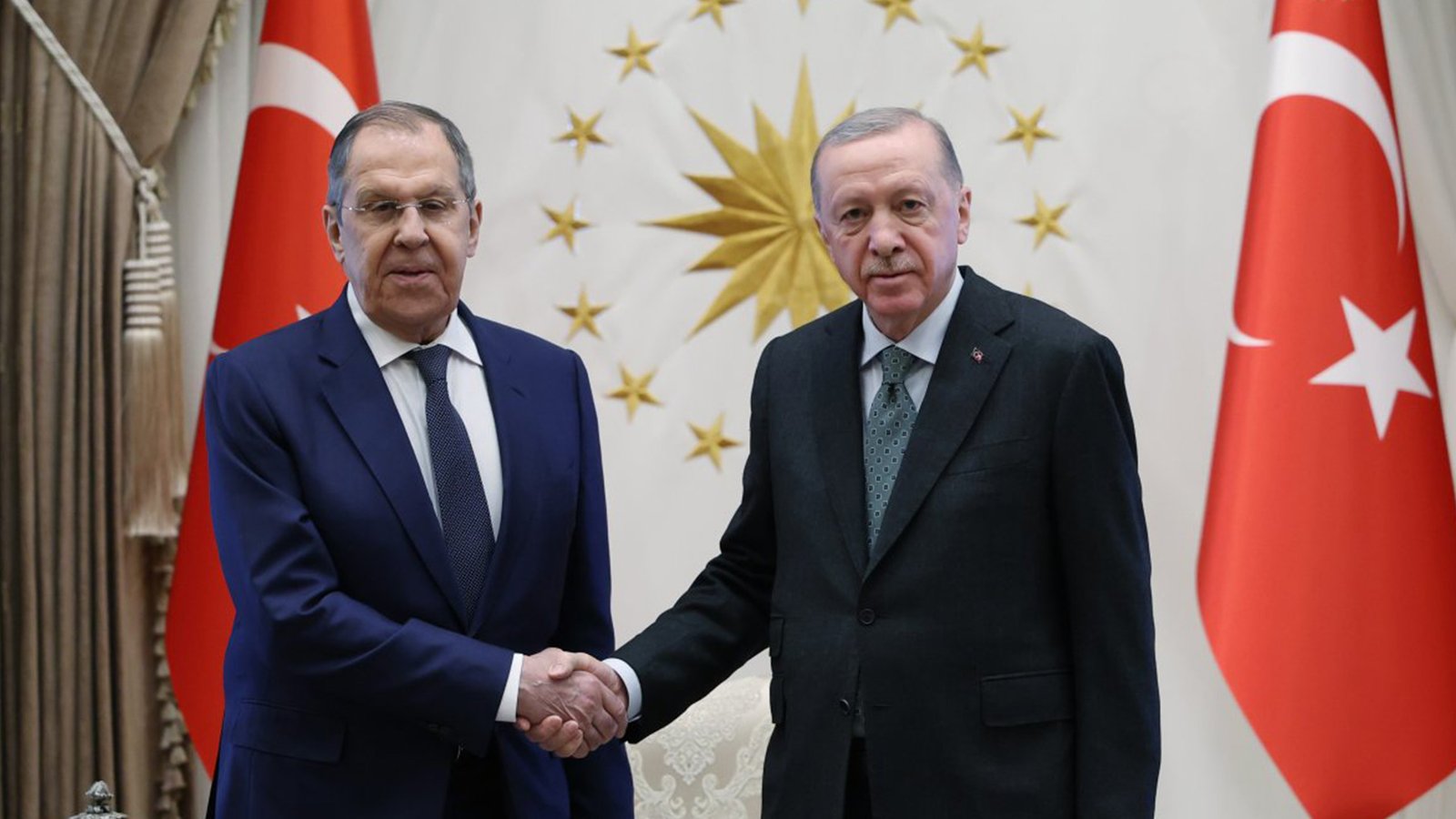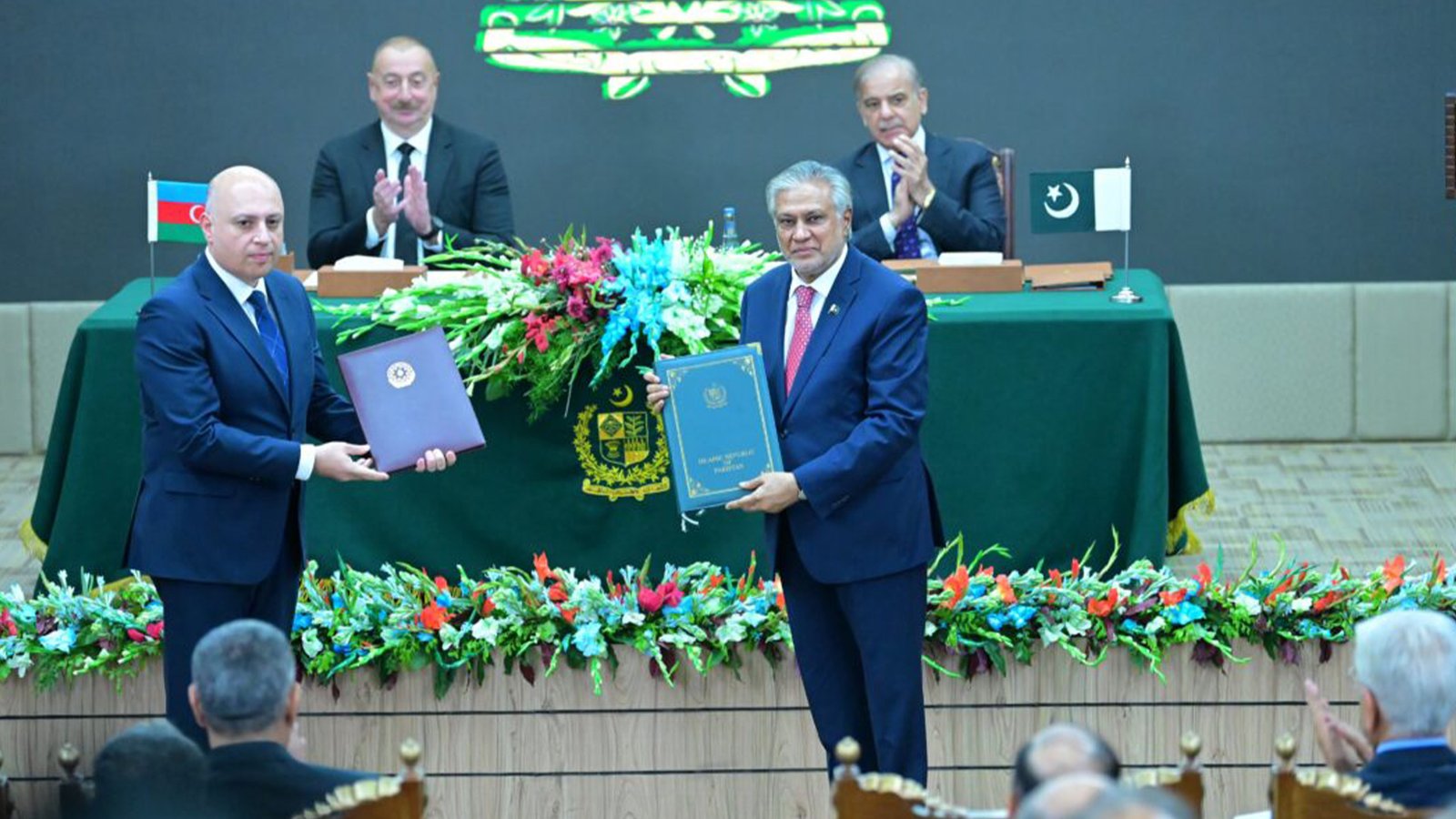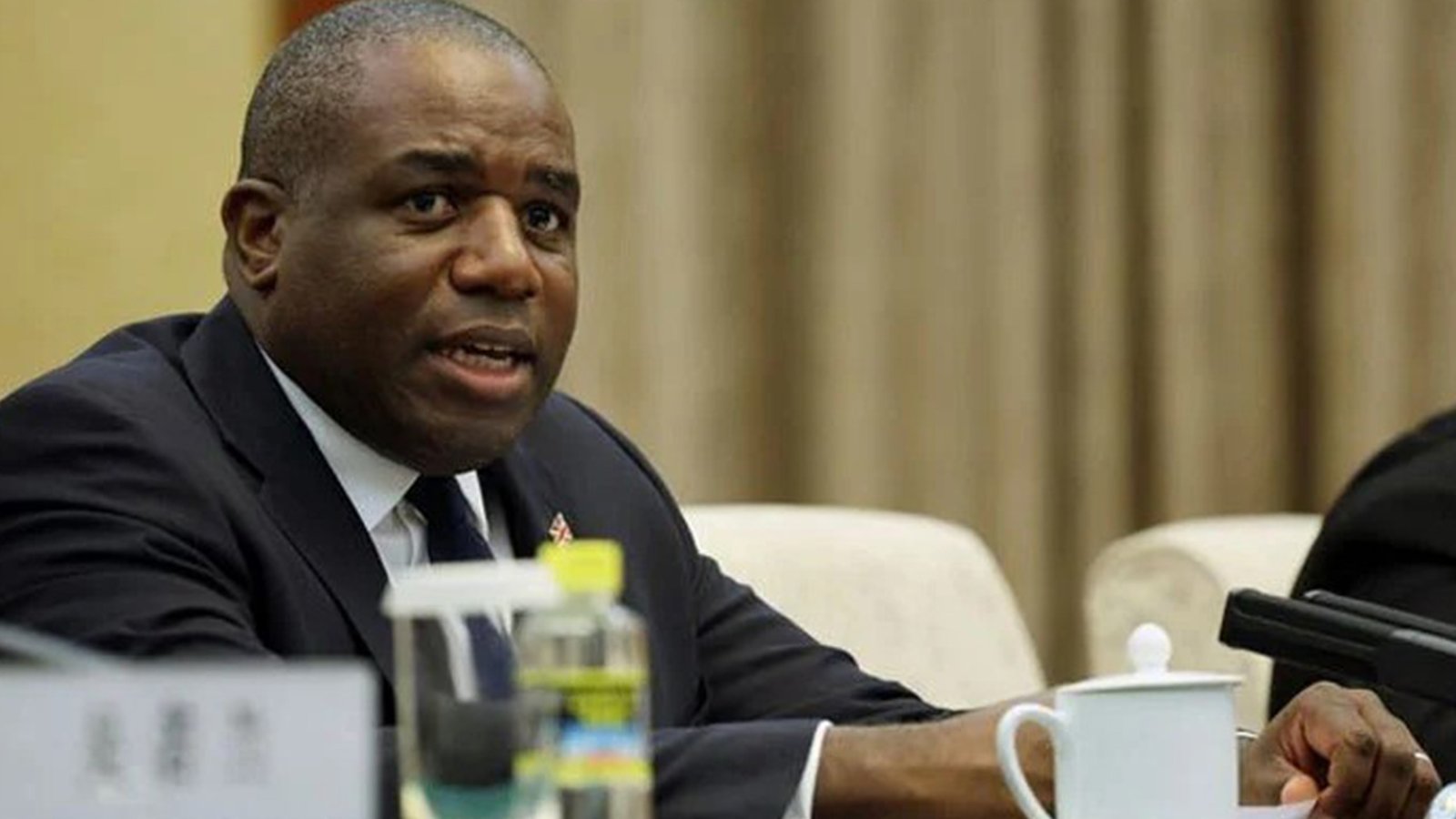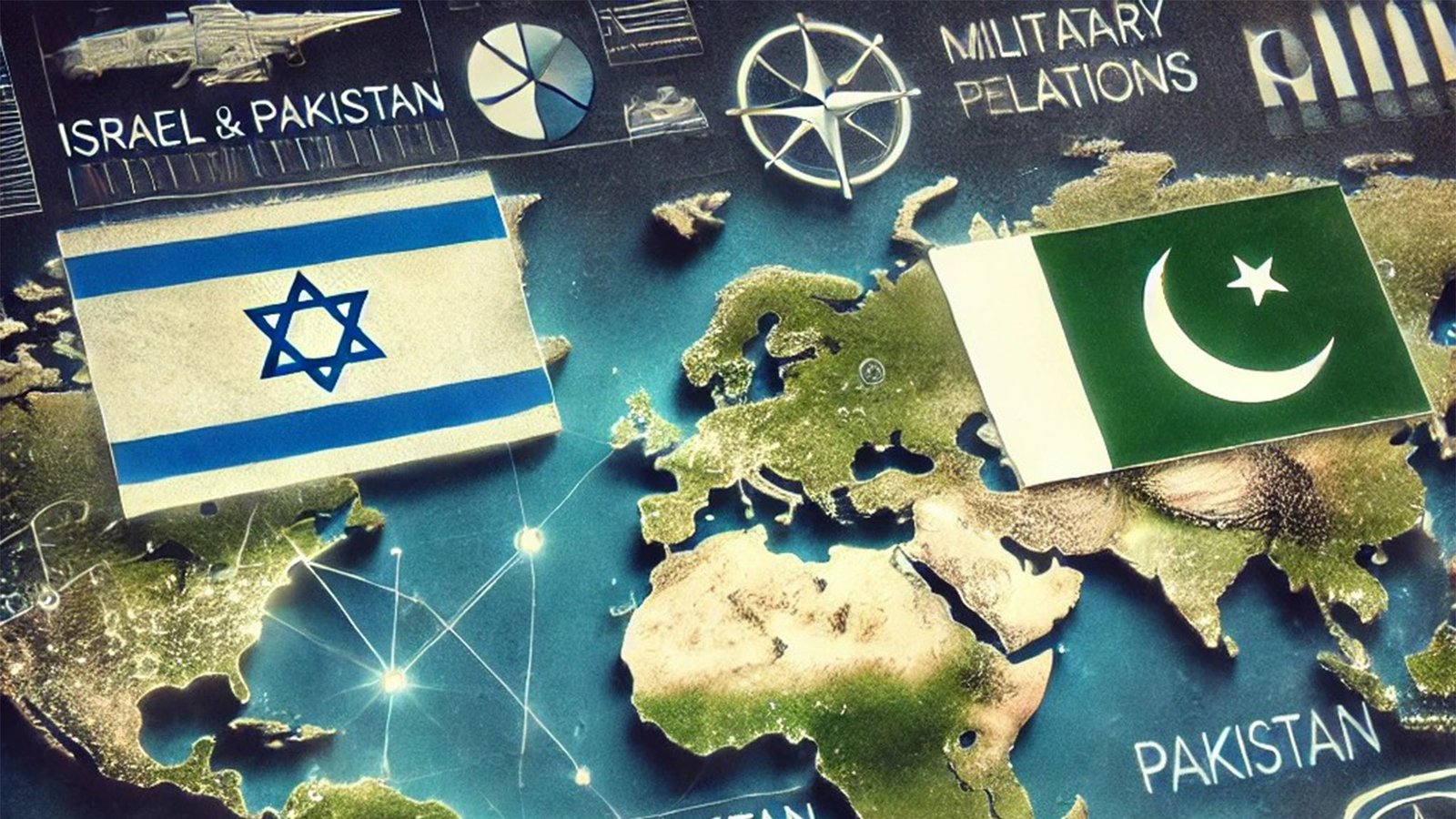In-Depth Report on Israel’s Attitude Towards Pakistan
Recent concerns raised by Israeli and American counterparts over Pakistan’s missile program have reignited debates surrounding its strategic ambitions and security implications. As a nuclear-armed state with a sophisticated missile development program, Pakistan has long been a focal point of international scrutiny. These concerns stem not only from the potential regional destabilization but also from the broader implications for global security. Historically, Israel has viewed Pakistan through the lenses of its Islamic identity, nuclear capabilities, and support for Palestine, factors that have significantly shaped the bilateral dynamics.
This report delves into Israel’s attitude towards Pakistan by examining statements from Israeli leaders, their perspectives on Pakistan’s strategic posture, and documented plans or discussions targeting Pakistan’s nuclear and missile capabilities. By understanding these dimensions, the report aims to provide a comprehensive overview of the adversarial nature of the relationship, set against the backdrop of evolving geopolitical realities and the latest concerns over Pakistan’s missile advancements.
Part 1: Statements of Israeli Leaders Regarding Pakistan
Pakistan is Often Viewed Through the Lens of Its Islamic Identity and Its Vocal Support for Palestine
- David Ben-Gurion (1948-1954):
- No direct recorded statements about Pakistan. However, his policy emphasized relations with countries that could counterbalance Arab influence, indirectly making Pakistan, as a prominent Muslim nation, less significant for Israeli outreach.
- Golda Meir (1969-1974):
- Known for dismissing the idea of engagement with Pakistan, reportedly stating that Israel’s focus should remain on direct threats from Arab states.
- Benjamin Netanyahu (Various Terms):
- Netanyahu emphasized Israel’s adversarial relationship with countries supporting Palestinian causes. Though he has rarely named Pakistan explicitly, his speeches often categorize Pakistan as part of the global “Islamist threat” that aligns with Israel’s enemies.
- Ehud Barak (Defense Minister, 1999-2001):
- Expressed concerns over Pakistan’s potential to become an Islamic extremist state, which he described as his “private nightmare,” indicating apprehension about Pakistan’s ideological stance and its implications for regional stability.
Concerns Over Pakistan’s Nuclear Capability are a Recurring Theme
- Moshe Dayan (Defense Minister, 1967-1974):
- Highlighted concerns over Pakistan’s potential as a nuclear state with ideological opposition to Israel.
- Avigdor Lieberman (Foreign Minister, 2009-2012, 2016-2018):
- Known for a hawkish stance, Lieberman indirectly accused Pakistan of enabling groups hostile to Israel.
- Shimon Peres (President, 2007-2014):
- Advocated covert diplomacy, including efforts to reduce Pakistan’s hostility toward Israel indirectly through allies like the United States.
- Meir Dagan (Director of Mossad, 2002-2011):
- In 2007, Dagan expressed concerns about Pakistan’s internal stability, stating that the country’s nuclear capabilities could end up in the hands of an Islamic regime, highlighting Israel’s apprehension regarding the security of Pakistan’s nuclear arsenal.
Engagement with Pakistan is Seen as Unlikely Unless Significant Changes Occur in Its Foreign Policy
- Isaac Herzog (President, 2021-present):
- Acknowledged the potential for quiet engagement with Pakistan in light of shifting alliances in the Middle East, although specifics remain unclear.
- Yair Lapid (Prime Minister, 2022):
- Suggested an interest in maintaining dialogue with nations in South Asia, excluding Pakistan due to its historical stance against Israel.
- Israeli Foreign Ministry (2009):
- An Israeli Foreign Ministry official stated that Israel considers Pakistan as its biggest strategic threat, citing concerns over Pakistan’s internal stability and its nuclear arsenal. This perspective underscores the challenges in establishing diplomatic relations without significant policy shifts from Pakistan.
Notable Themes in Israeli Statements:
- Pakistan is often viewed through the lens of its Islamic identity and its vocal support for Palestine.
- Concerns over Pakistan’s nuclear capability are a recurring theme.
- Engagement with Pakistan is seen as unlikely unless significant changes occur in its foreign policy.
Part 2: Recorded Israeli Plans Targeting Pakistan
Operation Opera (1981) and Its Implications
- Context: The Israeli strike on Iraq’s Osirak nuclear reactor raised concerns in Pakistan. Though not directly linked, the operation demonstrated Israel’s willingness to undertake preemptive strikes against perceived nuclear threats.
- Relevance to Pakistan: In the aftermath, Pakistani intelligence raised alarms about similar actions targeting its nuclear facilities, particularly in Kahuta.
Alleged Plans to Target Kahuta Nuclear Facility
- 1980s Reports:
- Reports emerged of an Israeli-Indian collaboration to target Pakistan’s nuclear facility at Kahuta. Pakistani Air Force claimed to have thwarted reconnaissance attempts in its airspace during this period.
- Former Chief of Air Staff General Zia ul Haq emphasized that heightened surveillance was maintained around key nuclear sites due to the potential threat.
- 2004 Revelations by Indian Sources:
- Indian journalist reports alleged that Israel had sought India’s cooperation in launching a strike on Pakistan’s nuclear assets. The plans reportedly included aerial strikes with mid-air refueling capabilities.
Mossad’s Covert Activities
- Espionage Efforts:
- Pakistani authorities have occasionally arrested individuals suspected of being linked to Mossad, accused of gathering intelligence on nuclear facilities.
- Reports suggest that Mossad maintained interest in Pakistani developments, often relying on third-party intelligence sources.
- Alleged Cyber Attacks:
- Unconfirmed reports indicate attempts to sabotage Pakistani nuclear systems through cyber operations, though attribution remains speculative.
Preventative Measures Taken by Pakistan
- Increased Surveillance:
- Air defense systems were bolstered around key sites, particularly during heightened tensions in the region.
- Diplomatic Warnings:
- Pakistani officials have frequently warned that any attack on its nuclear facilities would be considered an act of war.
Also read this: In-depth Report On US Sanctions On Pakistan
Israel’s attitude towards Pakistan remains shaped by mutual distrust, ideological differences, and geopolitical considerations. Statements from Israeli leaders underscore concerns over Pakistan’s nuclear capabilities and its support for Palestine. Additionally, alleged plans targeting Pakistan’s nuclear assets highlight the adversarial nature of the relationship. The evolving dynamics of the Middle East, however, suggest potential shifts in these attitudes, though substantive change remains improbable without major realignments in policy from both sides.


